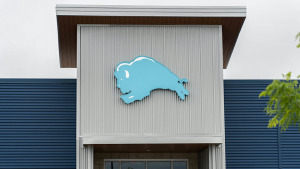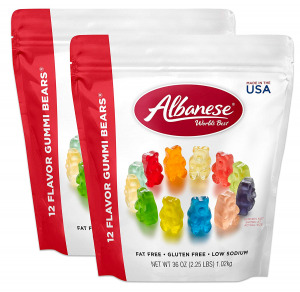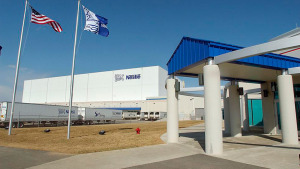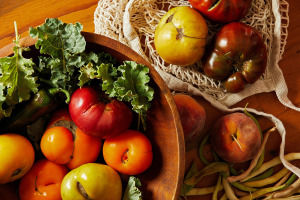
Indiana-based Oliver Winery planning $12.6M expansion
The winery said new products such as the Melon Mint Moscato, along with its mainstays like Oliver Sweet Red, have fueled the company’s continued growth.

The winery said new products such as the Melon Mint Moscato, along with its mainstays like Oliver Sweet Red, have fueled the company’s continued growth.

Laxman Narasimhan, the new CEO of Starbucks, has spent the last six months immersing himself in Starbucks, earning his barista certification as well as visiting stores, farms and manufacturing centers across the world.

Pet food manufacturer Blue Buffalo Co. Ltd. plans a 169,000-square-foot addition to boost processing operations and warehouse capacity. As part of the expansion, the company plans to add up to 60 jobs by the end of 2024.

The best bourbons are buttery, smooth and oaky, and a growing cult of aficionados is willing to pay an astonishing sum to score even a shot of these premium spirits. Some are even willing to bend or break laws.
The 13 plants where violations were found were in Arkansas, Colorado, Indiana, Kansas, Minnesota, Nebraska, Tennessee and Texas.

12 Flavor Gummi Bears is the best-selling product for Merrillville-based Albanese Confectionery and is sold in a variety of sizes, from 1 ounce snack packs to 5 pound bulk bags.
OmniVis has developed a hand-held device to rapidly detect pathogens in food, water and the agriculture production chain.
Liberation Labs hopes to build a network of facilities make products for “existing major food brands as well as the growing network of food-tech innovators.”

The factory’s closure in February 2022 was a key cause of a nationwide baby formula shortage that forced parents to seek formula from food banks, friends and doctor’s offices.
The report comes in the wake of heavy criticism of the agency’s handling of a formula shortage earlier this year. Food safety experts have long complained that the agency’s food oversight arm has been chronically understaffed and underfunded.

The firm says the expansion likely will result in 68 new jobs at the beverage production facility along Interstate 69.
Unlike “use by” labels, which are found on perishable foods like meat and dairy, “best before” labels have nothing to do with safety and often encourage consumers to throw away food that’s perfectly fine to eat.

The proposed rule would align the definition of the “healthy” claim with current nutrition science, the updated Nutrition Facts label and the current Dietary Guidelines for Americans.
The expansion will be used to produce two mainstays — Jim Beam white and black label bourbons — and will mostly support expected sales growth overseas.

The new facility will be Diamond Pet Foods’ first in Indiana and represents one of the largest private investments in Rushville’s history, according to the Rush County Economic Development Corp.

Fountain Square Brewing Co. purchased New Day Craft Mead & Cider in 2019 and oversaw production at Circle City Industrial Complex.
The salmonella bacteria sickens 1.3 million Americans each year, sends more than 26,000 of them to hospitals and causes 420 deaths, according to Centers for Disease Control and Prevention data.

Ontario-based Skjodt-Barrett Contract Packaging LLC plans to expand its Boone County plant by 340,000 square feet.
The FDA has found no firm link between diet and dilated cardiomyopathy. Nor has it rejected such a link, and research is ongoing. Publicity surrounding this issue, nevertheless, has shrunk the once-promising market for grain-free dog foods.

The drink, flavored water infused with vodka, debuted just 16 months ago. The company operates out of Ferdinand, 15 miles south of Jasper, and the product is manufactured in Indianapolis.